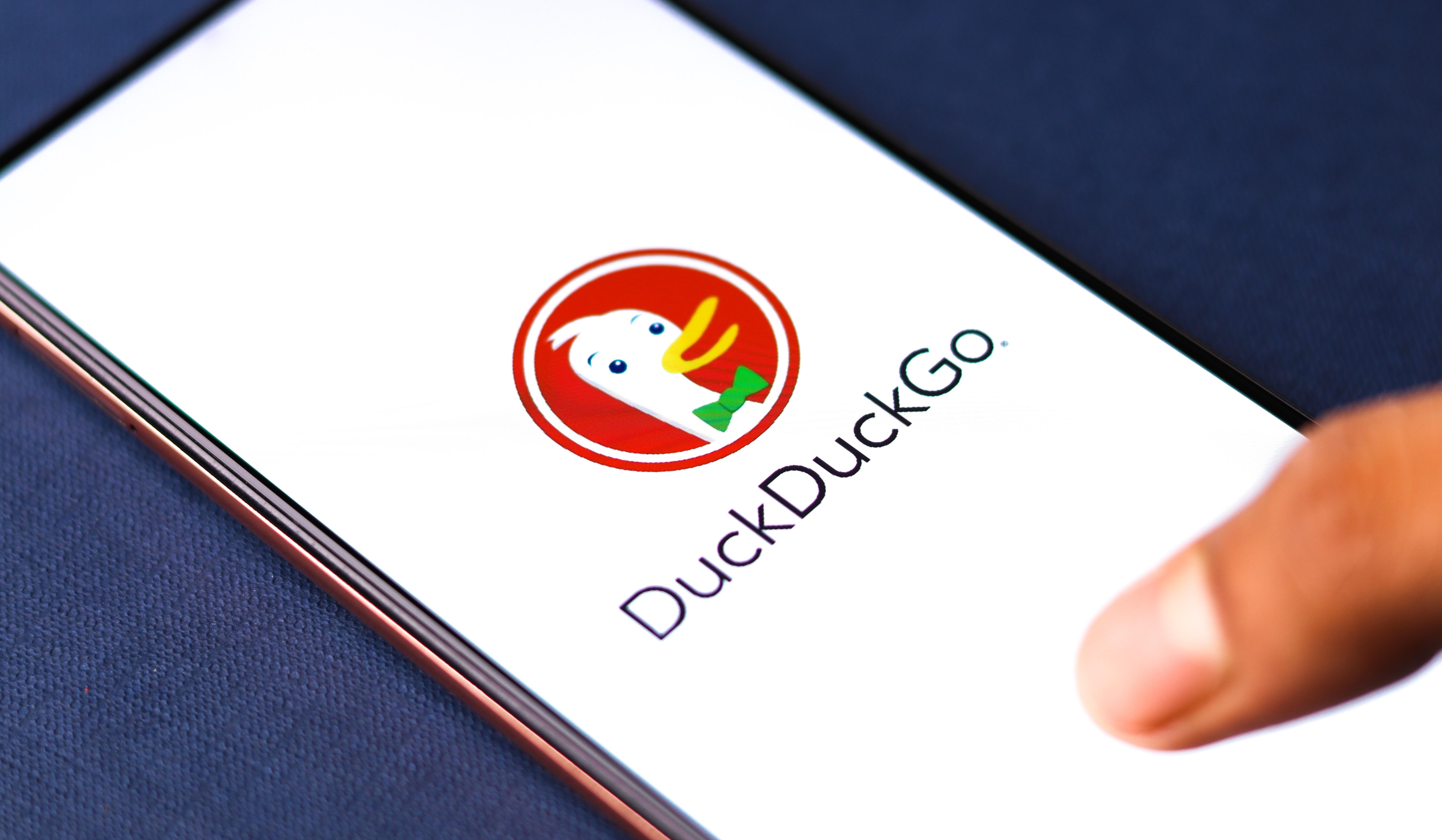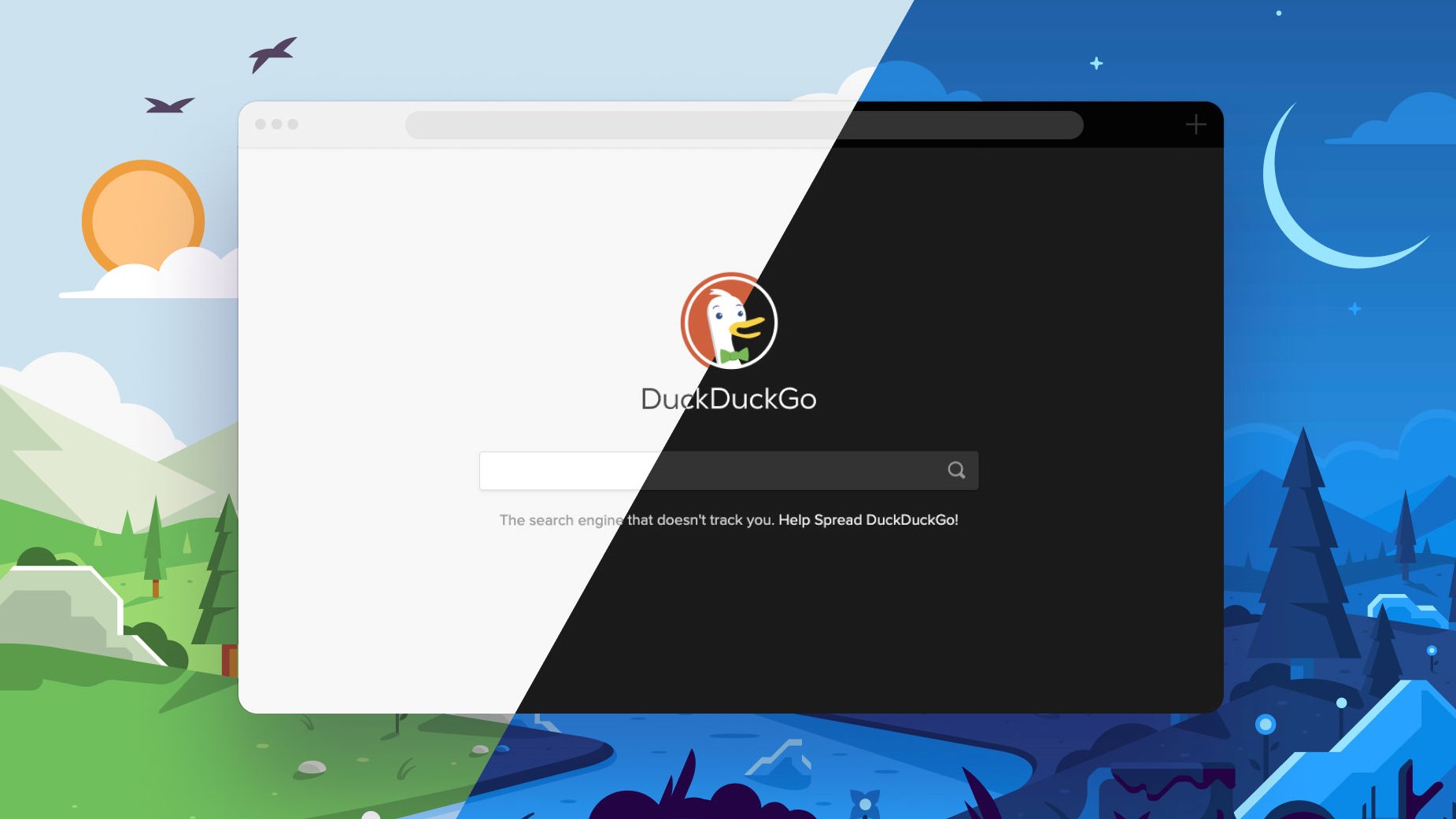DuckDuckGo's new AI Search offers a crucial advantage over Google
This feature could be the difference

Here at Tom’s Guide our expert editors are committed to bringing you the best news, reviews and guides to help you stay informed and ahead of the curve!
You are now subscribed
Your newsletter sign-up was successful
Want to add more newsletters?
Join the club
Get full access to premium articles, exclusive features and a growing list of member rewards.
The integration of AI into search engines has become increasingly sophisticated, but users face a fundamental question: how much privacy are they willing to trade for convenience?
While Google's AI-enhanced search leverages user data to deliver personalized experiences, DuckDuckGo's AI Search distinguishes itself by steadfastly prioritizing user privacy without sacrificing powerful functionality.
Is the trade-off worth it?
Google's seems to have mastered personalization in AI-powered search, exemplified by AI Mode and Google Lens.
The tool aims to provide highly tailored responses, but with a catch. Users who opt in to the feature have their search history, browsing behavior, and other data points analyzed to optimize search performance. The intent is to deliver more relevant and contextual results.
For instance, Gemini can draw upon your past interactions to refine its answers, creating a seemingly more seamless user experience.
However, this personalization inherently relies on extensive data tracking and storage, raising legitimate concerns for privacy-conscious individuals.
DuckDuckGo AI Search is built on a foundation of privacy

In stark contrast, DuckDuckGo has seamlessly integrated cutting-edge AI capabilities into its search engine while remaining anchored to its core principle: unwavering user privacy. Users can interact with advanced AI models like GPT-4o mini, Claude 3 Haiku, and Llama 3.3 without the need to create an account, ensuring complete anonymity.
Get instant access to breaking news, the hottest reviews, great deals and helpful tips.
DuckDuckGo does not track, store, or link search queries to individual user profiles, providing a secure and private environment for information retrieval. For some users, this might just be the key sticking point.
Control and transparency in AI interaction

DuckDuckGo goes a step further by placing control directly in the hands of the user. Its settings allow individuals to customize the frequency of AI-assisted answers, offering options ranging from "Never" to "Often."
This thorough design ensures that AI integration aligns perfectly with personal preferences and comfort levels.
Each AI-generated response includes clear source citations, fostering transparency and building trust in the information provided – a crucial element often lacking in black-box AI systems.
Privacy across the ecosystem
DuckDuckGo's dedication to privacy extends beyond its search engine. It offers a comprehensive suite of privacy-focused tools, including a private browser that blocks trackers, email protection that masks your address, and app tracking protection that prevents unwanted surveillance.
These tools work synergistically with the AI search feature to create a cohesive, privacy-respecting online experience, giving users a consistent shield against data collection.
Where DuckDuckGo falls short

While DuckDuckGo’s strong commitment to privacy is respectable, it’s not without criticism. Many users note that its search results often lack the precision and depth of Google’s, particularly for complex queries, since it relies heavily on third-party sources like Bing.
Because of the lack of personalization, users don’t get tailored results, predictive suggestions, or localized recommendations like they would with Google. DuckDuckGo also lacks the extensive suite of tools and integrations — such as Gmail, Google Maps, or Docs — that make Google’s ecosystem so seamless.
Its search index is smaller, sometimes resulting in fewer or outdated results, and while its AI Search feature is decent, it’s still considered more privacy-centric than cutting-edge.
Final thoughts
While Google's AI search capabilities offer the allure of personalized results through data utilization, DuckDuckGo presents a compelling and principled alternative: powerful AI-driven search that actively safeguards user privacy.
By successfully integrating advanced AI features without compromising its foundational commitment to data protection, DuckDuckGo's AI Search stands as a powerful example of how innovation and user autonomy can coexist.
For those who prioritize their digital privacy, DuckDuckGo offers a clear and compelling advantage that you might want to try.
What are your thoughts on personalized search? Let me know in the comments!
More from Tom's Guide
- Apple’s revamped Siri might be worth the wait — here’s what’s slowing it down
- I tested ChatGPT-4.5 vs. Gemini Pro 2.5 with 5 prompts — and one crushed the other
- This viral ChatGPT trend lets you turn yourself into an action figure — here's how to do it

Amanda Caswell is one of today’s leading voices in AI and technology. A celebrated contributor to various news outlets, her sharp insights and relatable storytelling have earned her a loyal readership. Amanda’s work has been recognized with prestigious honors, including outstanding contribution to media.
Known for her ability to bring clarity to even the most complex topics, Amanda seamlessly blends innovation and creativity, inspiring readers to embrace the power of AI and emerging technologies. As a certified prompt engineer, she continues to push the boundaries of how humans and AI can work together.
Beyond her journalism career, Amanda is a long-distance runner and mom of three. She lives in New Jersey.
You must confirm your public display name before commenting
Please logout and then login again, you will then be prompted to enter your display name.
 Club Benefits
Club Benefits




















